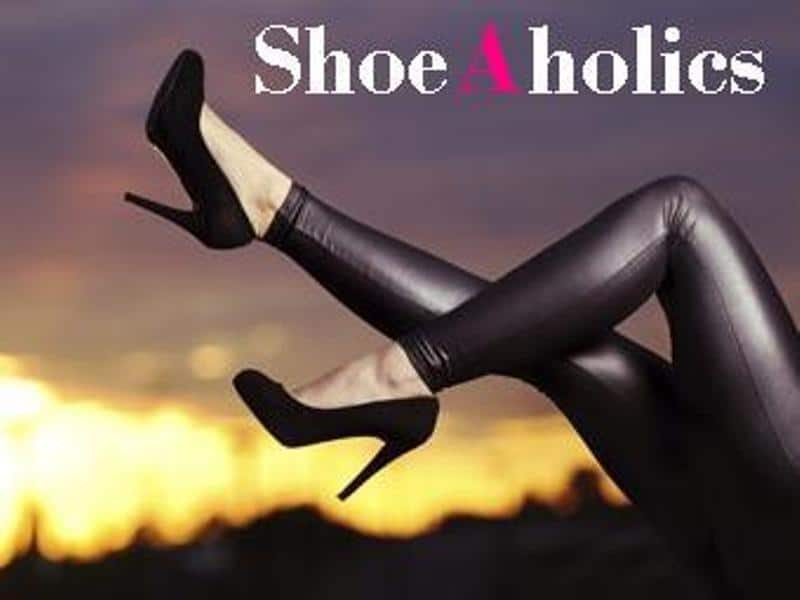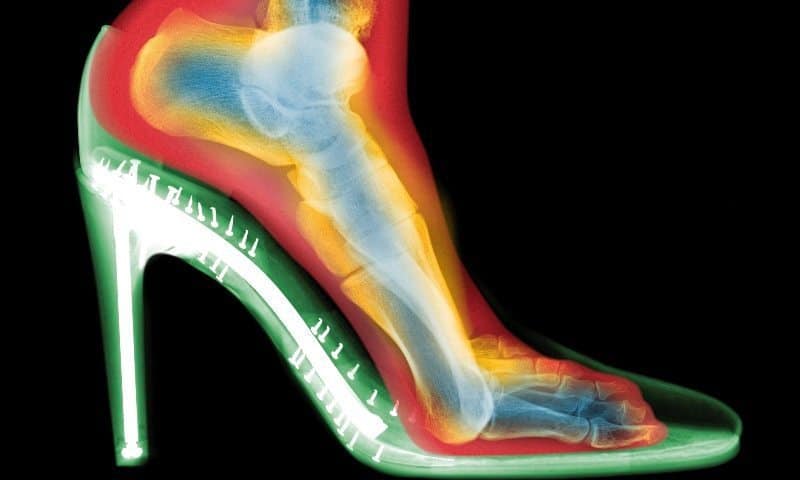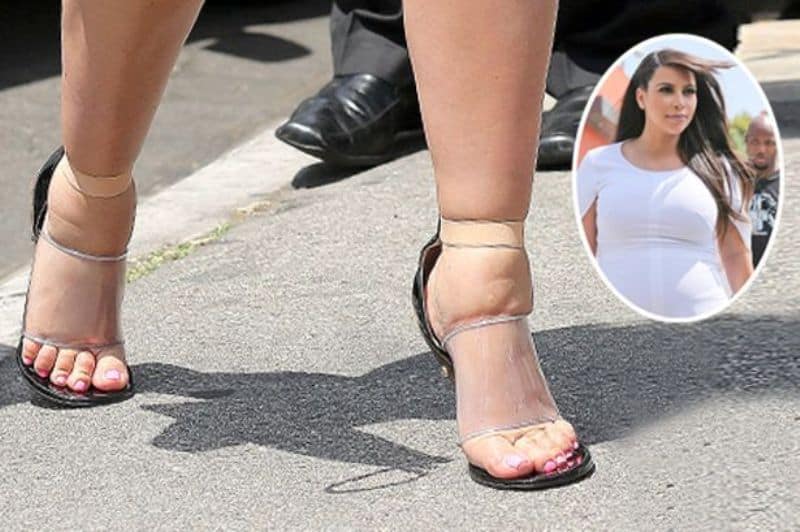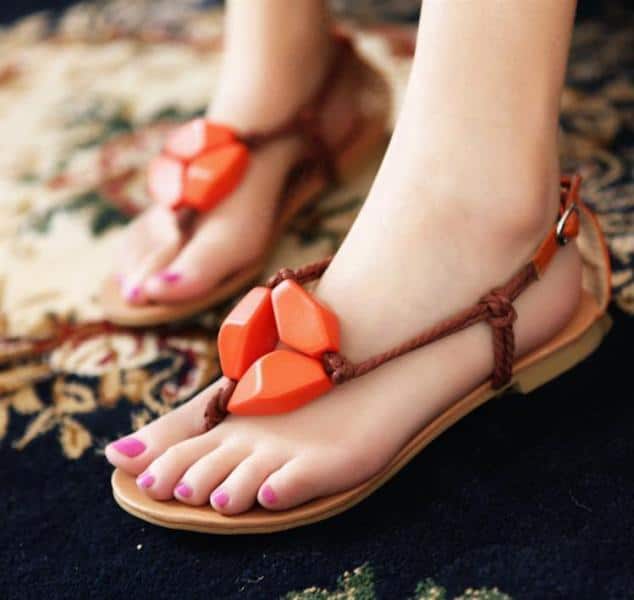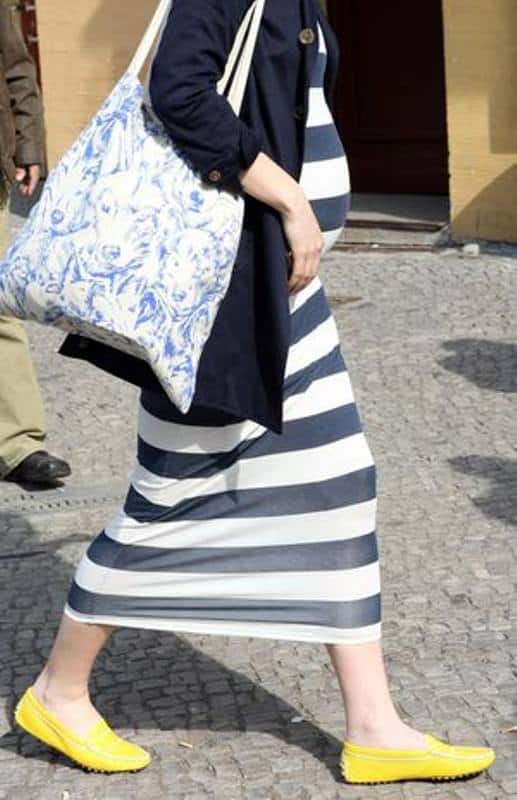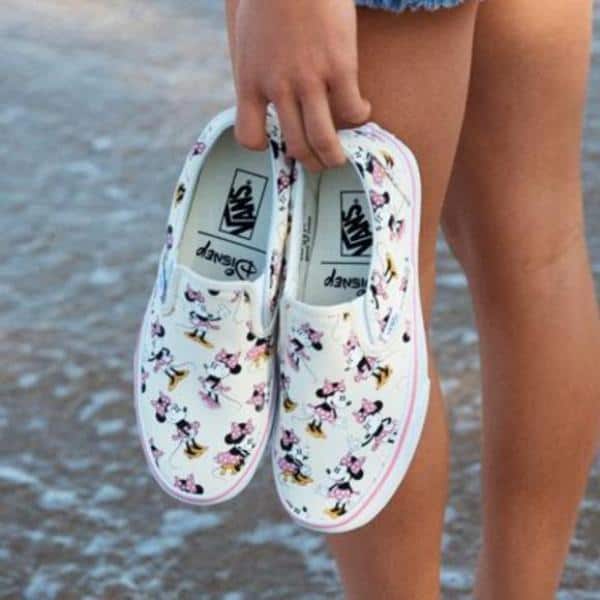I have to admit here, most women are shoeaholics! We all love dressing our feet. Tall heels are a must have in every woman’s wardrobe. They immediately spice up your dressing. Even if you wear heels regularly in your everyday life and are extremely confident about walking safely in them, most doctors will advice you against wearing heels during pregnancy.
While stilettos and high heels are definitely a no no, wedge and low heels aren’t much preferred either, especially post the initial few weeks. Here is why:
# As you pick up weight and your body changes its shape; you may not be able to maintain a steady balance walking around in any kind of heels. Remember, an injury caused in pregnancy may affect your unborn too.
# Heels place more pressure on your back. Pregnancy hormones already cause lower back and pelvic area ligaments to get relaxed and loose in order to prepare you for childbirth causing back discomfort in many women. Additionally, the change in body weight and posture puts increased pressure on back. The pressure due to high heels further aggravates this discomfort.
# As pregnancy progresses, many women encounter swollen ankles and feet due to fluid retention in lower part of the body. Your regular shoes will feel tight in this condition and wearing high heels will aggravate the swelling and may cause a lot of pain.
# Leg cramps are a common complaint with most pregnant women. Wearing high heels further puts your calf in contracted position which makes the situation worse.
# Pregnancy comes with a risk of developing varicose veins. A high heel causes limited movement while walking which in turn reduces the blood flow in legs. This may aggravate the condition of varicose veins.
Table of Contents
Should you end your love affair with heels immediately on getting pregnant?
High heels may not be such a bad idea during very early phase of pregnancy. This is because the body doesn’t change a lot in terms of hormones, shape or weight during the first few weeks after conception. So if you are confident about walking in those lovely stilettos or that matching wedge heels, you may continue showing them off for just few more weeks (with caution, of course). Remember to not wear them for a very long time and take frequent sitting breaks when wearing them.
What makes shoes comfortable?
Comfortable shoes must have broad toe space and narrow heel. The sole and heel material should ideally have cushioning to provide the soft feeling and shock absorption. Any heel greater than 2 inches cannot be considered comfortable and puts a lot of pressure on feet. Along with that, the heel area must be sturdy, well fitting and must give the feet extra support.
Some key points for the mom-to-be when going shoe shopping:
- Always pick up shoes with roomy toe area. Your shoe size may increase a bit due to swelling when pregnant.
- Pick up flats for everyday wear.
- If you must, pick up heels that are low and sturdy.
- Pick shoes that are easy to slip on and take off. You don’t want to be bending too much to wear your casual, everyday use shoes.
- Shoes having good ankle and feet support are great for reducing stress on the body while walking.
- Make sure the soles are non slippery and have a good grip.
Although pregnancy comes with a little restrictions and more caution, dragging your partner to buy the new “pregnancy” shoes will definitely uplift your mood.
The author is a CAPPA certified childbirth educator.

